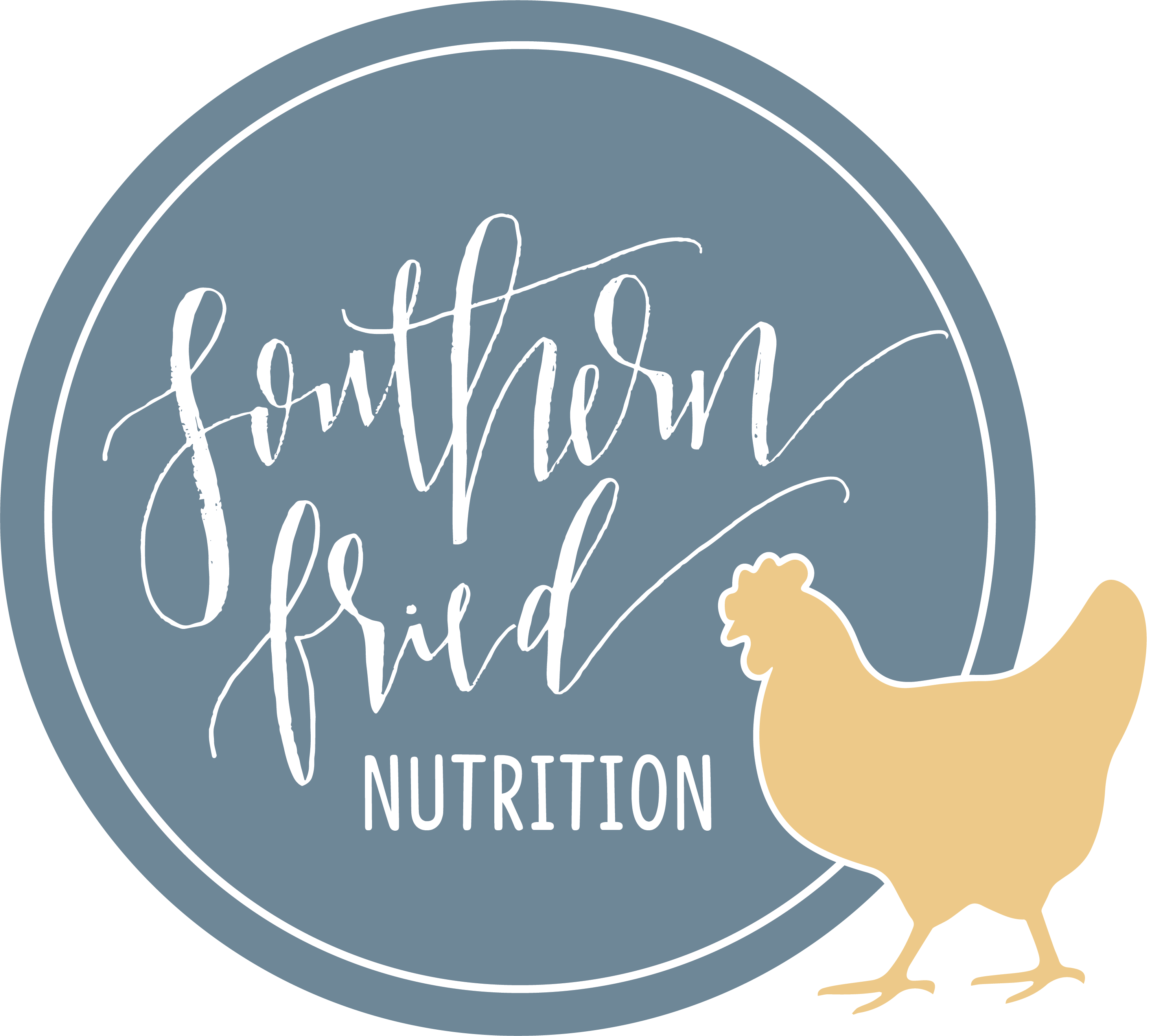As you can probably imagine, I get a lot of questions about nutrition and health from friends and family members. I love that and I do my best to provide them with honest, evidence-based answers. When I don’t know the answer, I say so and try to find them other reliable resources. Very often, they are coming to me for advice on a product or service that is supposed to help make them healthier, prevent disease, or whatever else. And very often, these products are not harmful, except to their wallet — which can actually cause some significant harm if they’re buying these products instead of nutritious foods. More often than not, the products have been presented to them by someone who claims to be an “expert”, but who has no real scientific training at all or who uses impressive sounding “research” that’s really junk science. All I can say is “Buyer Beware!”
There are a variety of diploma-mills online that will sell you a piece of paper so you can call yourself a “nutritionist”, “wellness coach”, or “certified something-or-other”. These are NOT equivalent to the kind of education a Registered Dietitian Nutritionist has completed at all.
Your health is your most important asset – why would you trust it to just anyone?!
According to the Commission on Dietetic Registration (the governing body for RDNs):
Registered Dietitians (RD) or Registered Dietitian Nutritionists (RDN) are individuals who have
- completed the minimum of a Baccalaureate degree granted by a U.S. regionally accredited college or university, or foreign equivalent;
- met current minimum academic requirements (Didactic Program in Dietetics) as approved by the Accreditation Council for Education in Nutrition and Dietetics (ACEND) of the Academy of Nutrition and Dietetics;
- completed a supervised practice program accredited by the Accreditation Council for Education in Nutrition and Dietetics (ACEND) of the Academy of Nutrition and Dietetics;
- successfully completed the Registration Examination for Dietitians;
- remitted the annual registration fee;
- complied with the Professional Development Portfolio (PDP) recertification requirements
What this means is that RD/RDNs have completed rigorous coursework, passed an extremely tough national exam, and committed themselves to regular continuing education. Moreover, they also commit to adhere to a code of ethical behavior. Learn more about RDNs here. Find a RD/RDN in your area here. Also, remember that in every industry, there are good and bad eggs, good personality fits and misfits — if you haven’t found the right partner for your health yet, don’t give up!
If you’re in the Atlanta area, visit my contact page and let me know how I can help you — or connect you with a colleague with expertise you need in the Atlanta area.


